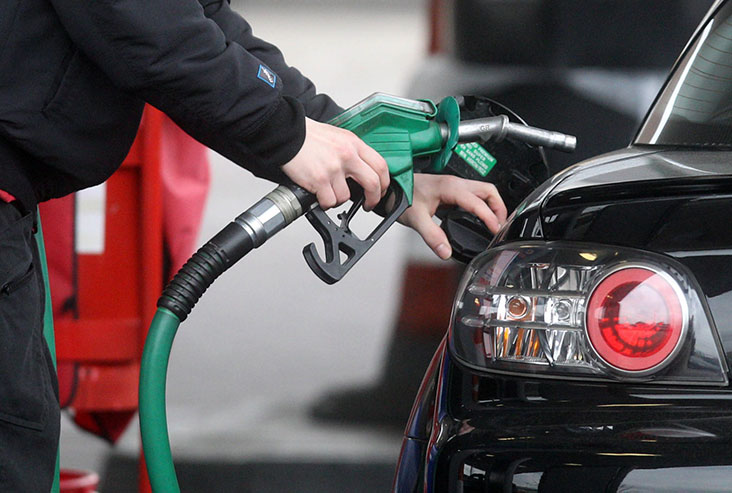


The future of petrol cars has become a topic of debate as the world increasingly focuses on sustainable and eco-friendly transportation options. With the rise of electric vehicles (EVs) and the push for reducing greenhouse gas emissions, many question whether petrol cars will continue to play a significant role in the automotive industry.
However, despite the growing popularity of EVs, it is unlikely that petrol cars will disappear entirely in the near future. There are several reasons why petrol cars may still have a future:
1. Infrastructure Challenges: Transitioning to EVs on a large scale requires significant infrastructure development, including charging stations and improved battery technology. This infrastructure transformation takes time and resources, giving petrol cars an advantage in the short to medium term.
2. Cost Considerations: Petrol cars are generally more affordable compared to EVs, which often have higher upfront costs. Despite the potential long-term savings on fuel and maintenance, the initial investment required for an EV can be a deterrent for many consumers. This price difference may sustain the demand for petrol cars in the market.
3. Range Anxiety: One of the major concerns for consumers considering an EV is "range anxiety." The limited range of electric vehicles compared to petrol cars can cause anxiety for drivers, especially on long journeys or in areas with limited charging infrastructure. Until EVs can match the range and convenience of petrol cars, there will likely be a demand for traditional combustion engine vehicles.
4. Existing Infrastructure: Petrol cars have the advantage of utilizing an extensive network of petrol stations that are readily available in most areas. Refueling a petrol car is quick and convenient, while charging an electric vehicle can take significantly longer, especially with current charging technologies. This existing infrastructure may support the continued use of petrol cars.
5. Technological Advancements: While EV technology is rapidly advancing, so is the technology for petrol cars. Manufacturers are continuously improving the efficiency and reducing the emissions of petrol engines. This ongoing development may help extend the lifespan of petrol cars and make them more environmentally friendly.
6. Market Demand: Despite the increasing popularity of EVs, there is still a significant demand for petrol cars, particularly in regions with limited EV adoption or where long-distance travel is common. As long as there is a market demand for petrol cars, manufacturers will continue to produce them.
In conclusion, while the future of petrol cars may face challenges from the growing prominence of electric vehicles, they are likely to remain a significant part of the automotive industry for the foreseeable future. Factors such as infrastructure limitations, cost considerations, range anxiety, existing infrastructure, technological advancements, and market demand all contribute to the continued relevance of petrol cars. As the world transitions towards a more sustainable transportation system, the coexistence of petrol cars and EVs is expected, offering consumers a range of options to meet their specific needs and preferences.